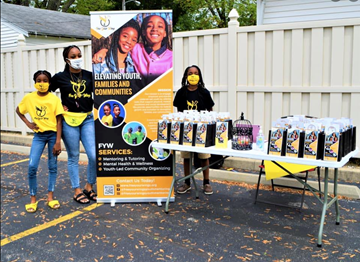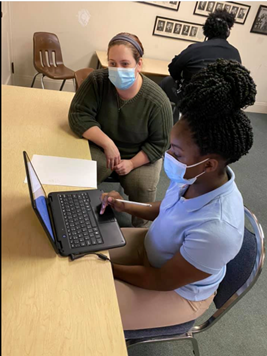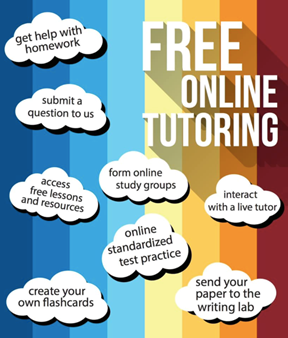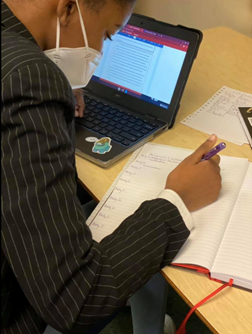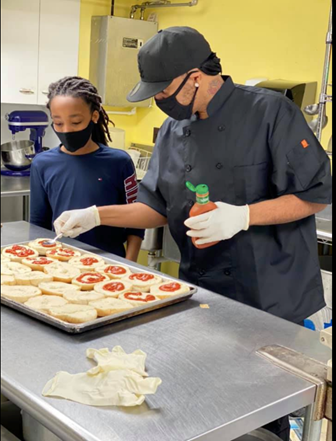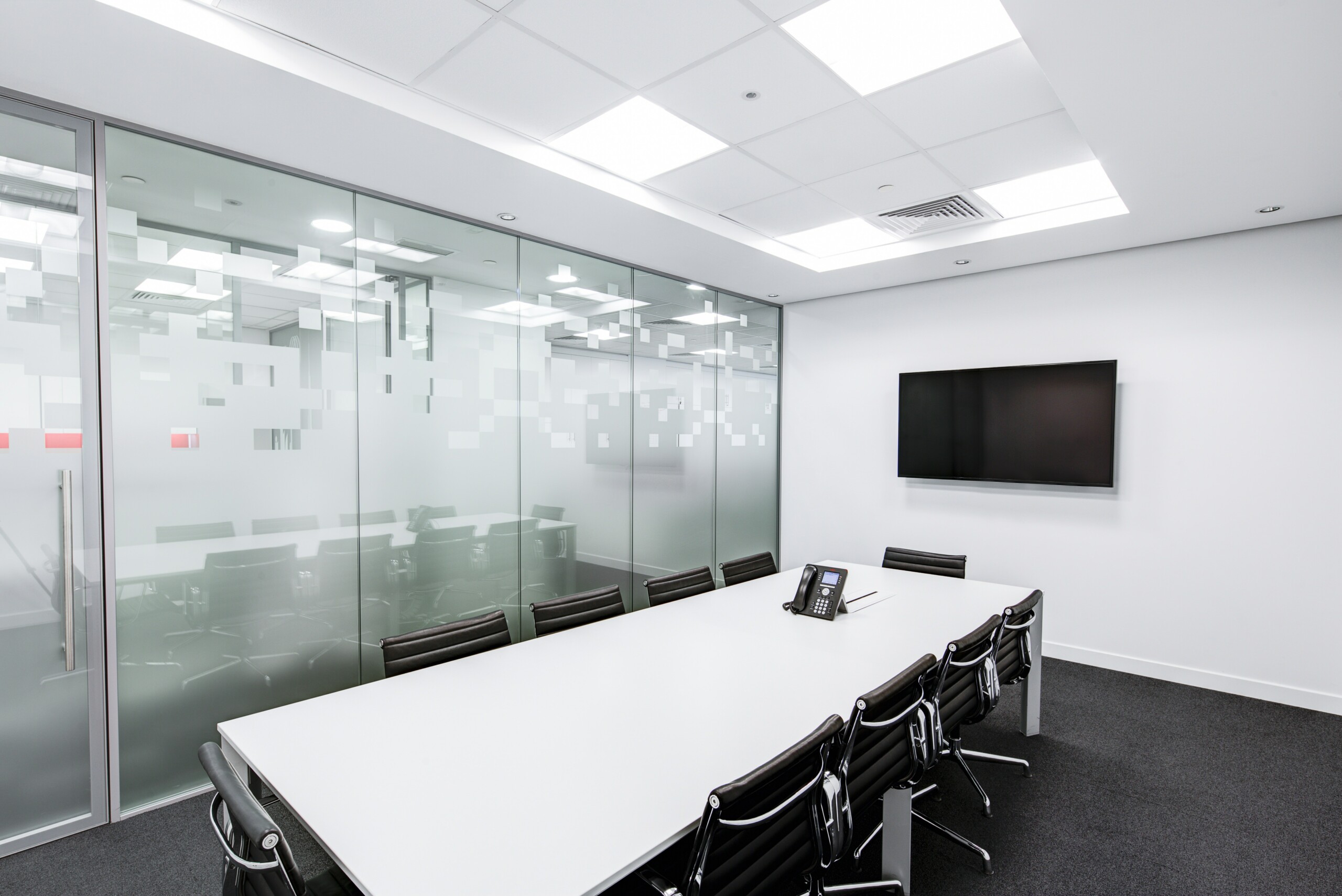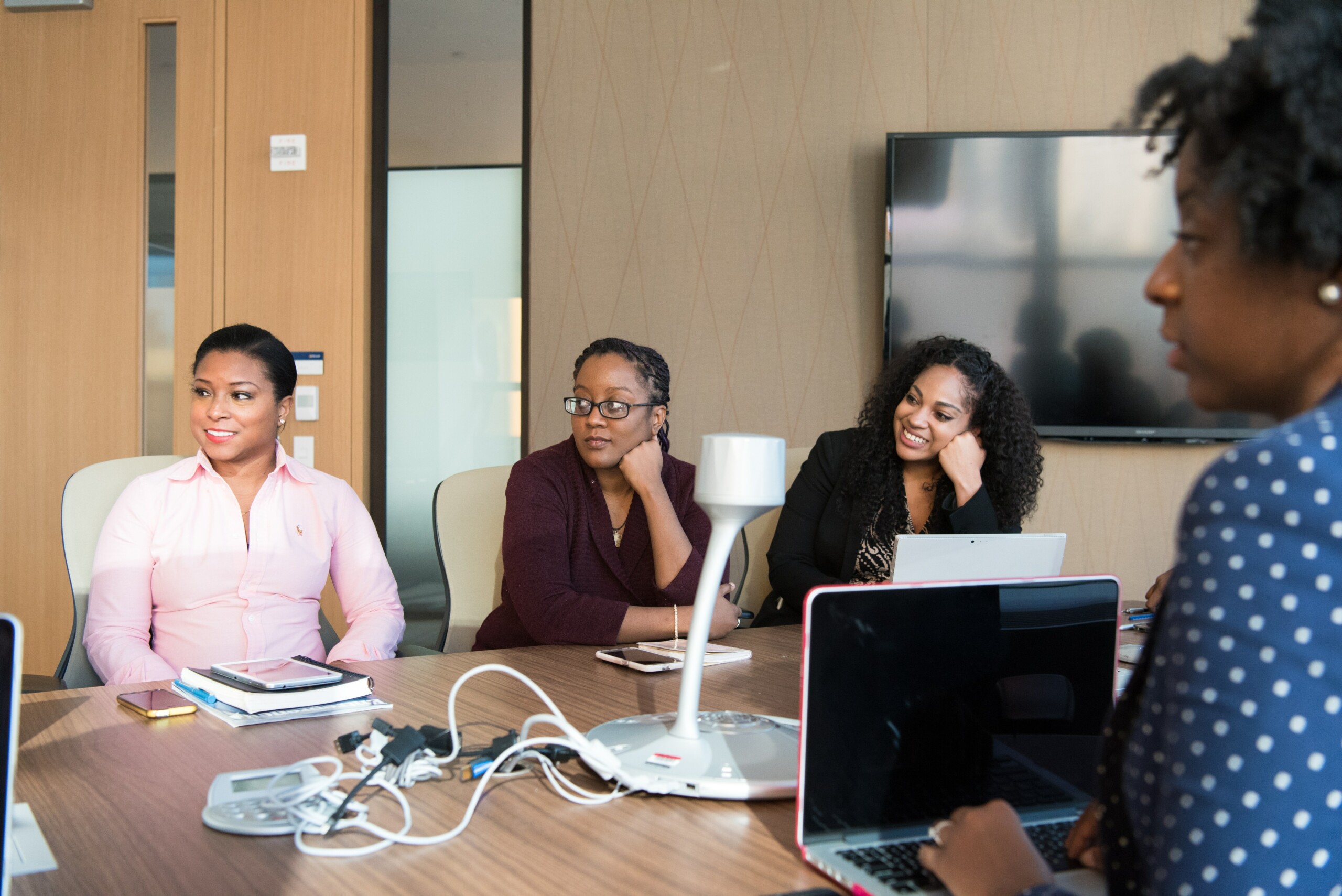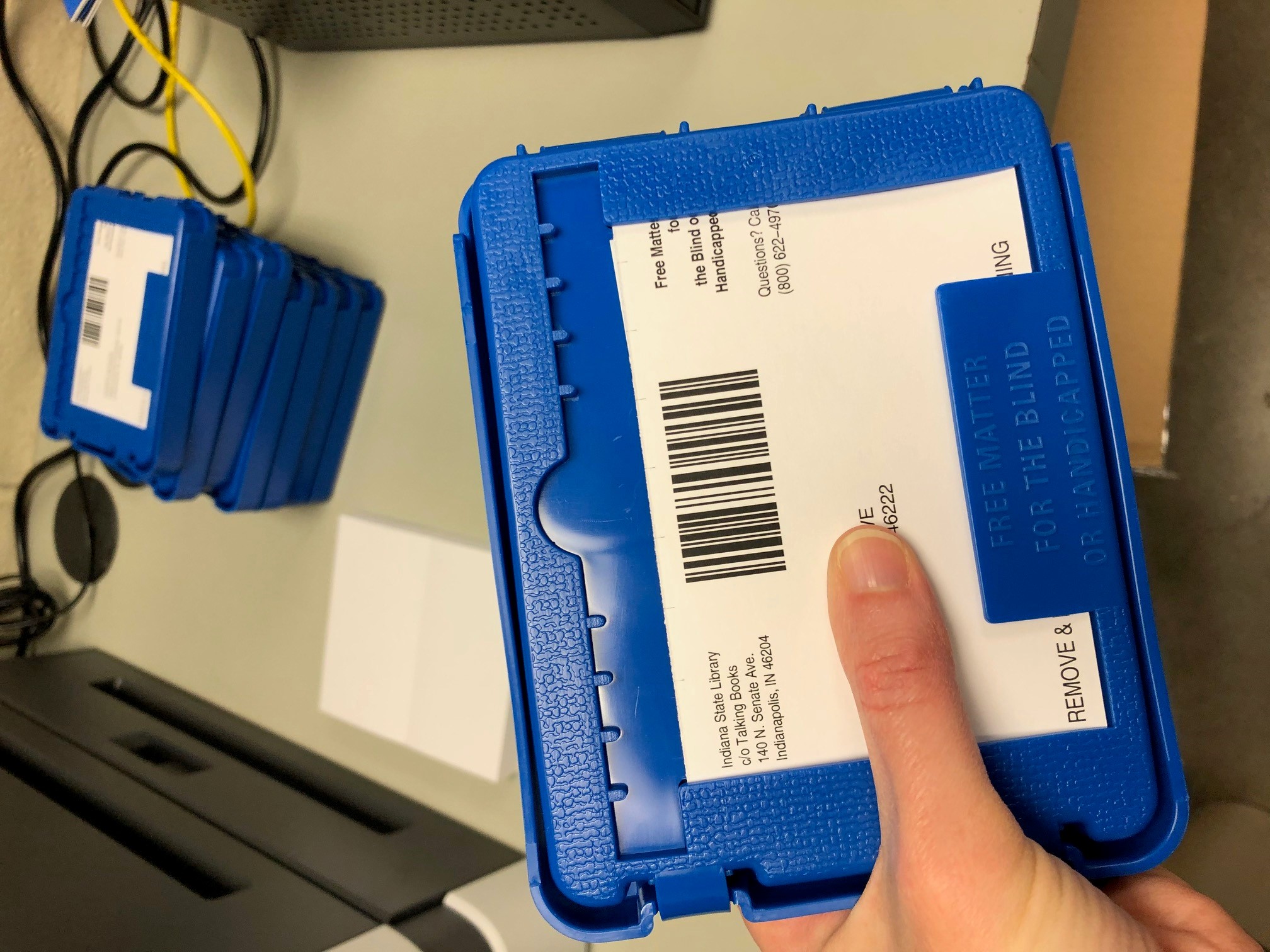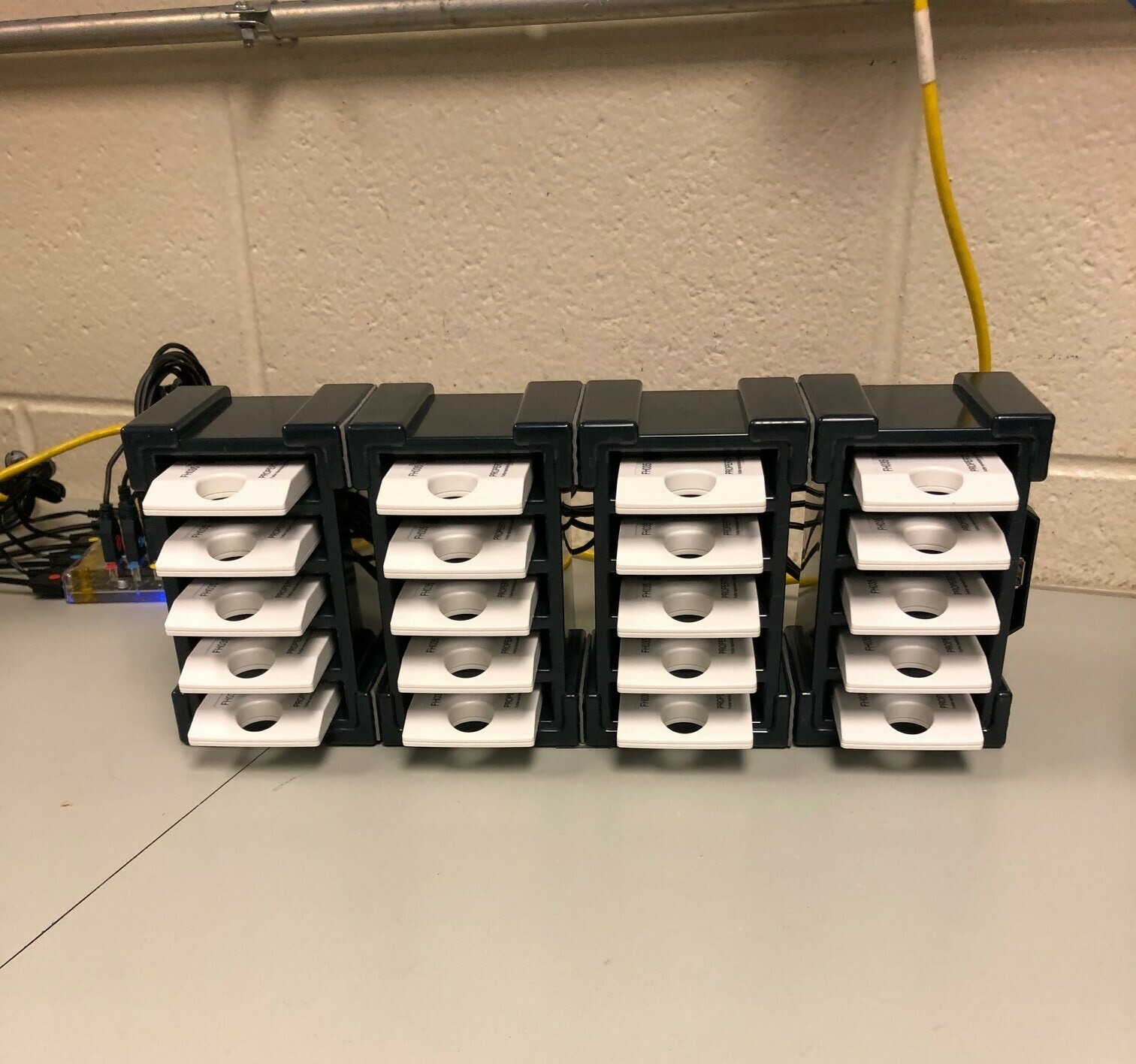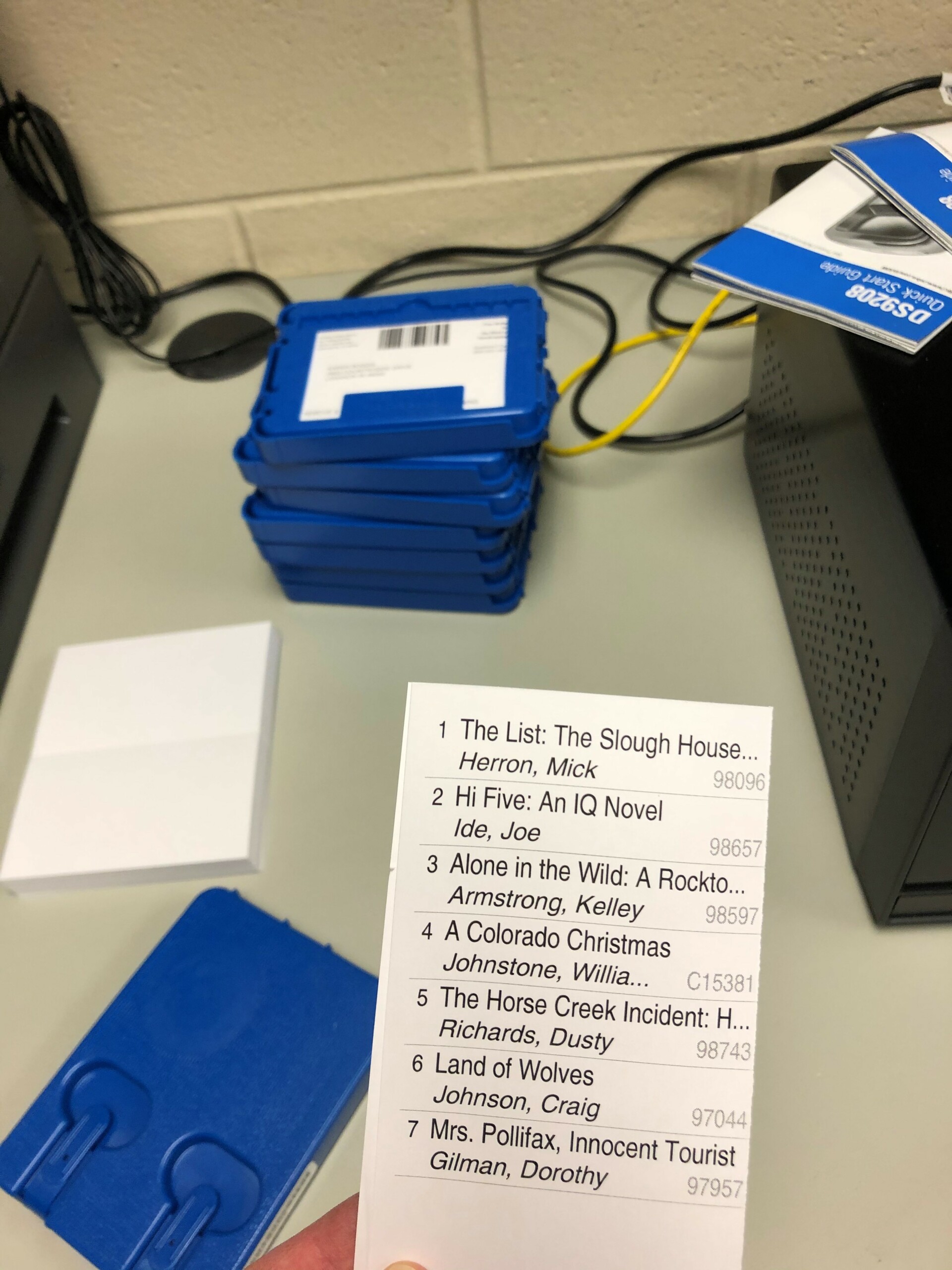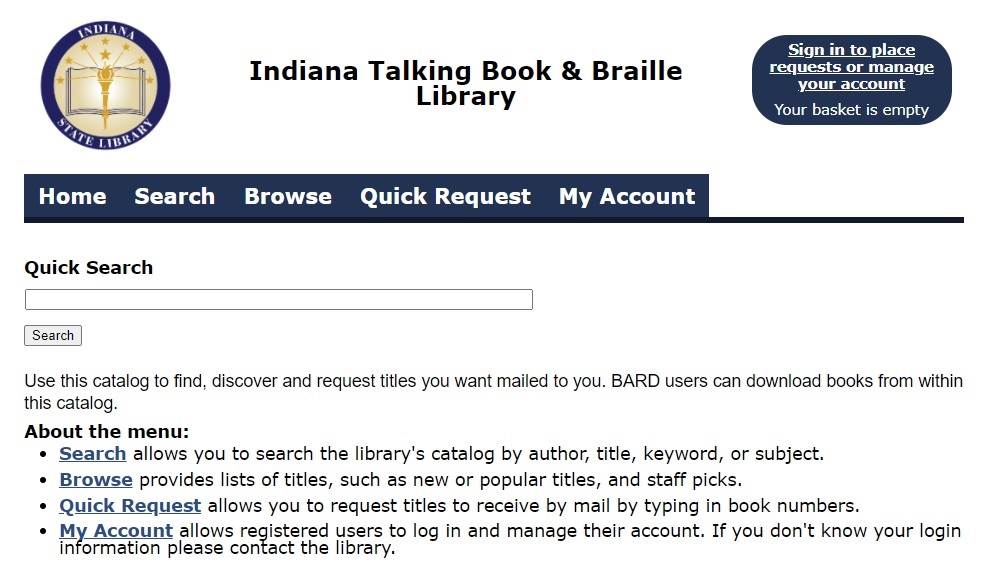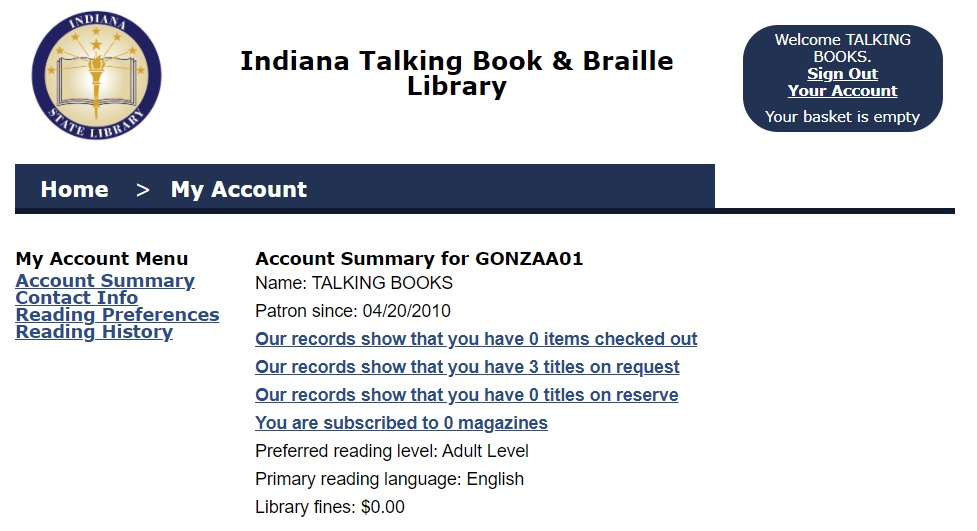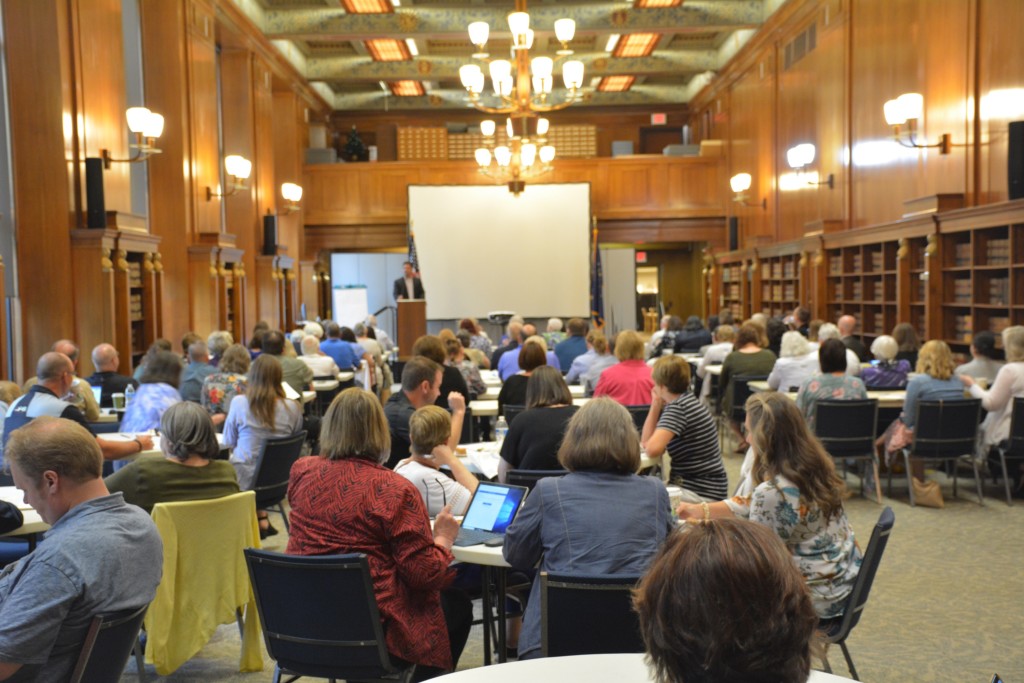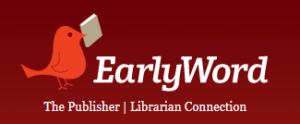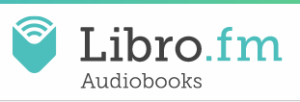Did you know that the Indiana State Library’s Professional Development Office provides free training for library directors and their staff? Continuing education is a vital part of the success of any library professional. There are dozens of ways to earn library education units (LEUs), network with others in the profession, and learn new skills to help advance the field of libraries in Indiana. We encourage you to stay on top of current trends and deepen foundational library knowledge by taking advantage of the free resources on our Continuing Education page.
 Our available training spans a wide variety of topics including, but not limited to the following: communication, customer service, difficult situations, challenging coworkers, soft skills, teambuilding and many technology-related trainings. Some examples of technology-centered offerings are Google Drive, Google Apps, Google Docs and INSPIRE training. Another exciting new offering we have are Oculus Quest 2 VR Kits, which can be borrowed for 30 days for library use for staff to test drive and/or use for library programming. To reserve a kit, please contact your regional coordinator. On the Continuing Education page are upcoming webinars, a face-to-face training menu (which can be adapted to virtual), archived webinars, information about the Difference is You Conference for library support staff, information about the Indiana Library Leadership Academy, youth services centered training and so much more.
Our available training spans a wide variety of topics including, but not limited to the following: communication, customer service, difficult situations, challenging coworkers, soft skills, teambuilding and many technology-related trainings. Some examples of technology-centered offerings are Google Drive, Google Apps, Google Docs and INSPIRE training. Another exciting new offering we have are Oculus Quest 2 VR Kits, which can be borrowed for 30 days for library use for staff to test drive and/or use for library programming. To reserve a kit, please contact your regional coordinator. On the Continuing Education page are upcoming webinars, a face-to-face training menu (which can be adapted to virtual), archived webinars, information about the Difference is You Conference for library support staff, information about the Indiana Library Leadership Academy, youth services centered training and so much more.
Maybe you have a staff training day or professional development day set up annually, but you need a few sessions filled at no additional cost to your library. Look no further than your regional coordinator from the Indiana State Library. Your regional coordinator can provide training sessions over a wide range of topics at no charge, either in person (we come to you!) or virtually. Below is a chart showing which regional coordinator you should contact based upon your library location, as well as the coordinator’s contact email.
Northeast Regional Coordinator – Paula Newcom, 317-447-0452, pnewcom@library.in.gov
Acts as liaison for the Indiana State Library and libraries of all types in the following counties of Indiana: Adams, Allen, Blackford, Dekalb, Elkhart, Grant, Hamilton, Howard, Huntington, Jay, Kosciusko, LaGrange, Marion (Speedway), Miami, Noble, Steuben, Tipton, Wabash, Wells and Whitley.
Northwest Regional Coordinator – Laura Jones, 317-691-5884, laujones@library.in.gov
Acts as liaison for the Indiana State Library and libraries of all types in the following counties of Indiana: Benton, Boone, Carroll, Cass, Clinton, Fulton, Jasper, Lake, LaPorte, Marshall, Montgomery, Newton, Porter, Pulaski, St. Joseph, Starke, Tippecanoe and White.
Southeast Regional Coordinator – Courtney Brown, 317-910-5777, cobrown@library.in.gov
Acts as liaison for the Indiana State Library and libraries of all types in the following counties of Indiana: Bartholomew, Brown, Clark, Dearborn, Decatur, Delaware, Fayette, Floyd, Franklin, Hancock, Harrison, Henry, Jackson, Jefferson, Jennings, Johnson, Madison, Ohio, Randolph, Ripley, Rush, Scott, Shelby, Switzerland, Union, Washington and Wayne.
Southwest Regional Coordinator – George Bergstrom, 317-447-2242, gbergstrom@library.in.gov
Acts as liaison for the Indiana State Library and libraries of all types in the following counties of Indiana: Clay, Crawford, Daviess, Dubois, Fountain, Gibson, Greene, Hendricks, Knox, Lawrence, Martin, Monroe, Morgan, Orange, Owen, Parke, Perry, Pike, Posey, Putnam, Spencer, Sullivan, Vanderburgh, Vermillion, Vigo, Warren and Warrick.

Southwest regional coordinator, George Bergstrom
Additionally, contact information for the PDO supervisor/regional coordinator for the Indianapolis Public Library system and the state children’s services consultant is listed below.
PDO Supervisor – Kara Cleveland, 317-232-3718, kcleveland@library.in.gov
Oversees the work of the Professional Development Office. Acts as the regional coordinator for the Indianapolis Public Library.
Children’s Services Consultant – Beth Yates, 317-517-1738, byates@library.in.gov
Provides consulting and programming support in the area of children’s and young adult services.
Again, our trainings can be completed either in person or virtual, and they all qualify for pre-approved LEUs. Whether your staff size is small or large, we can accommodate all your training needs. If you have a small staff, you might even consider partnering up with a similar sized library in your area to host training with a few more individuals together. All offered free training opportunities, including upcoming webinars as well as many archived past webinars and trainings can be found on our Continuing Education page here.
Submitted by Laura Jones, Northwest regional coordinator, Indiana State Library.
 The keynote speaker will be David Seckman, Jeffersonville Township Public Library director. He’ll be presenting “Build a Better World with Kindness and Gratitude.” Seckman has been researching and studying the effects of kindness and gratitude on well-being and relationships for 15 years and speaking on these topics for the last 12 years. He is especially interested in how kindness and gratitude can transform the culture of an organization to bring a sense of fun and joy to the workplace. With over 10 years of experience as a library administrator and manager, he puts these concepts into practice on a daily basis.
The keynote speaker will be David Seckman, Jeffersonville Township Public Library director. He’ll be presenting “Build a Better World with Kindness and Gratitude.” Seckman has been researching and studying the effects of kindness and gratitude on well-being and relationships for 15 years and speaking on these topics for the last 12 years. He is especially interested in how kindness and gratitude can transform the culture of an organization to bring a sense of fun and joy to the workplace. With over 10 years of experience as a library administrator and manager, he puts these concepts into practice on a daily basis. Keynote description
Keynote description


